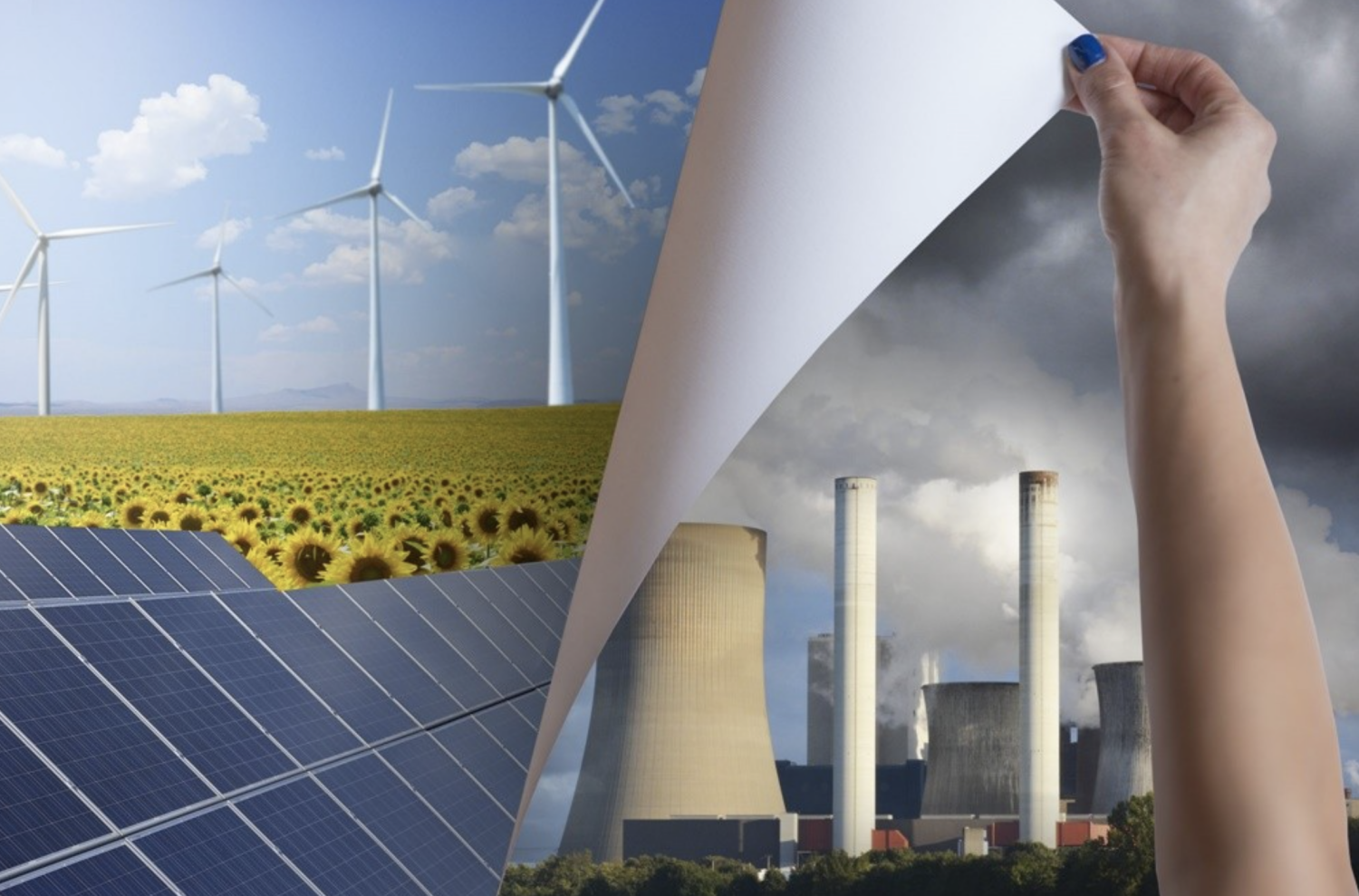Price waterhouse Coopers (PwC) has released its 15th annual Net Zero Economy Index, a benchmark that tracks progress on reducing carbon dioxide emissions related to energy use and carbon removals across economies. According to the report, none of the Asia Pacific economies met the required annual carbon emissions reduction rate of 17.2%. Asia Pacific economies were responsible for 48% of global emissions in 2022.
However, five economies - New Zealand, Pakistan, South Korea, Singapore, and Vietnam - exceeded their targets under nationally determined contributions to reduce carbon emissions. All five countries are net importers of energy. Most have seen reductions in their carbon intensity from fossil fuels. Vietnam remains highly dependent on fossil fuels to sustain economic growth. Pakistan saw the standout reduction of 15% due to the direct impact of the global oil price crisis in 2022. It was followed by Singapore (10.8%), New Zealand (8.5%), Vietnam (6.5%), and South Korea (4.4%).
The PwC study also found that the transition to a low-carbon economy is far from easy. The global energy crisis has impacted political and social priorities, putting pressure on public opinion and governments to revert back to cheaper but more carbon-intensive forms of energy. Some challenges include:
-
High costs of decarbonization: Transitioning energy systems and industry requires massive investments that strain public finances. Rapid scale-up of renewables, battery storage, and carbon removal technologies needs continued subsidies.
-
Dependence on fossil fuel revenues: For commodity exporters, reducing production and exports poses economic risks. Some push for "responsible production" over complete phaseouts.
-
Uneven global commitments: Differences in ambitions and timelines between developed and developing countries slow collective progress. Developing economies want support for green growth.
-
Societal acceptance: Public support can waver amid energy affordability concerns. More awareness campaigns are required to build understanding of long-term climate risks.
-
Policy uncertainties: Frequent changes in climate and energy policies undermine investor confidence in low-carbon projects. Long-term policy roadmaps are needed.
-
Technology limitations: Key technologies like long-term energy storage and low-carbon industrial processes are not yet commercially viable at scale. More investments and demo projects are needed.
While the Asia Pacific region has ramped up renewables rapidly this decade, transitioning away from fossil fuels and curbing emissions present complex economic, political and social challenges. According to PwC, deeper regional cooperation, aligning phaseout timelines, and scaling up green stimulus programs can help accelerate progress on decarbonization trajectories across Asia Pacific economies. But bolder climate actions are still needed to get on track for 1.5°C.








